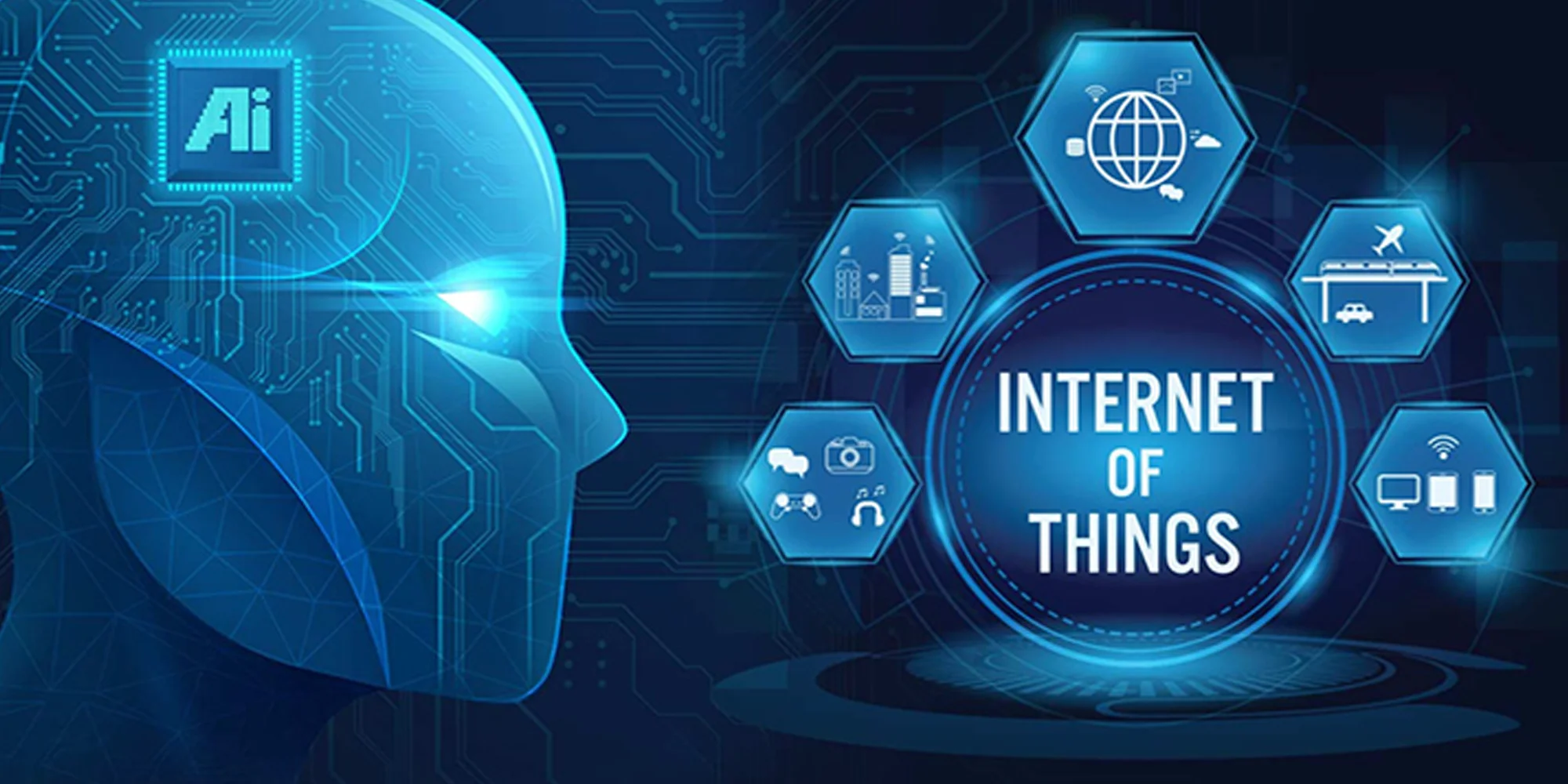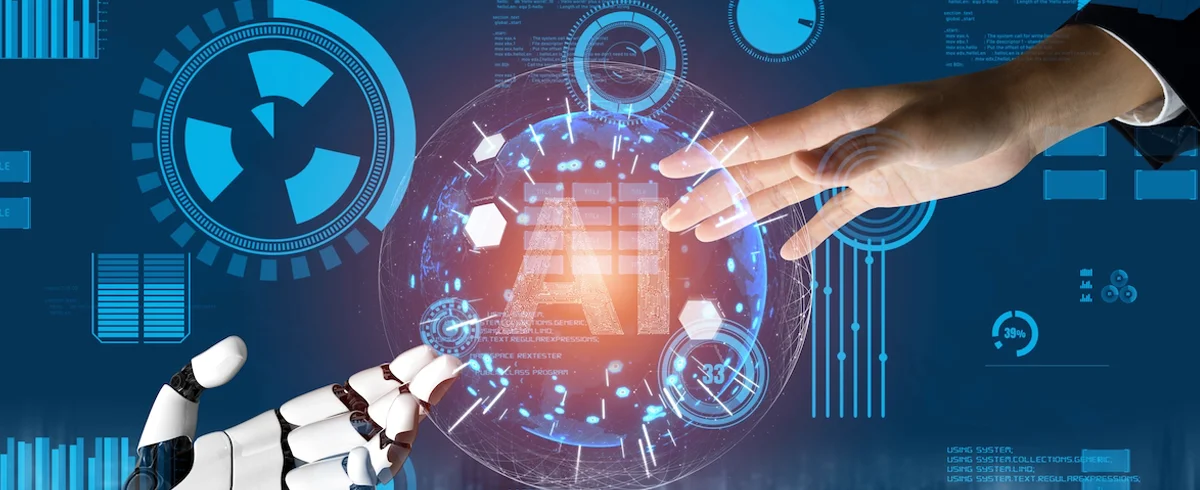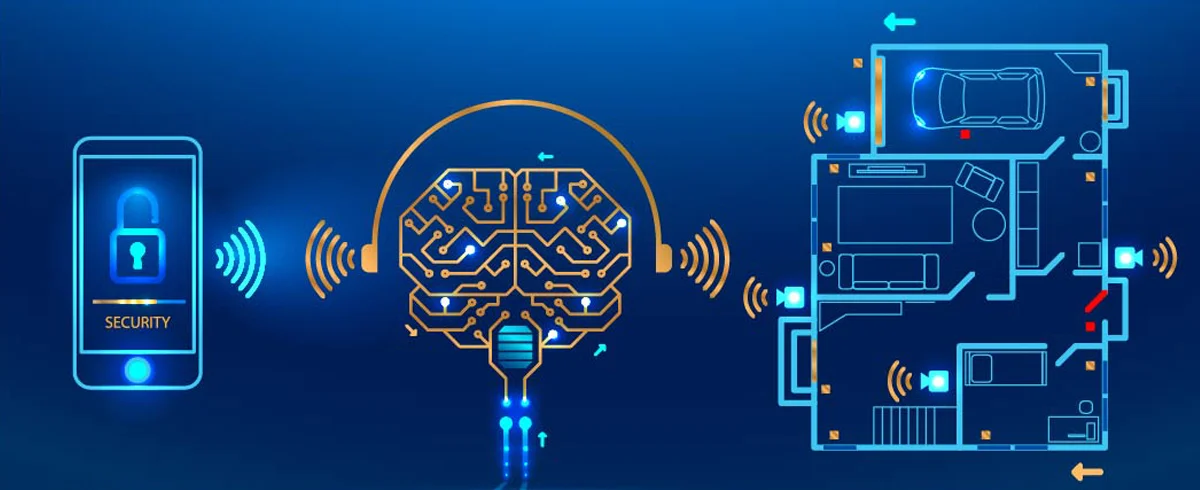Necessary Always Active
Necessary cookies are required to enable the basic features of this site, such as providing secure log-in or adjusting your consent preferences. These cookies do not store any personally identifiable data.
|
||||||
|
||||||
|
||||||
|

According to several predictions by futurists, Artificial intelligence (AI), Edge Computing, and the Internet of Things (IoT) will transform the business ecosystem and operation processes.
It will be more profound than any industrial or digital revolution combined. Today, we can see how these technologies might shape the business ecosystem as the future unfolds before our eyes. In this blog, let’s understand how AI-driven IoT will be implemented effectively and profitably.
The most critical factor in this digitalized world is where the intelligence resides and how it influences IoT architecture.
AI and the IoT both hold futuristic visions as they both are one-of-a-kind innovations; however, what makes them intriguing is the point where they converge.
The applications of AI and IoT are independently interesting, but their joined use holds even more potential. The IoT is getting more brilliant and smart with the fusing of AI.
Specifically, due to machine learning which is discovering insight into data with the help of IoT. AI is making a splash in IoT with a pile of new products, and an influx of investment due to the ever-rising tide of big business corporations.
Businesses that are currently working on their IoT strategy, assessing a potential IoT project, or trying to get value from a current IoT deployment should explore a role for AI
. The union of AI and IoT technologies is an amazing tool, AIoT, either at the Edge or in the Cloud. The objective for the Artificial Intelligence of Things is innovation to accomplish progressively proficient IoT operations, and upgrade data management, and analytics to improve human-machine interactions.
If AI analytics is actualized appropriately it can change IoT data into valuable data for a better decision-making process. AI at the edge utilizes a compact architecture to drive local data-informed decision-making.
The more brilliant an edge gadget is it can process and store colossal amounts of data locally. This reduces the need for a business to do so somewhere else.
Some basic AI-empowered edge devices for unit volumes include head-mounted displays, consumer and business robots, smart car sensors, drones, surveillance cameras, and others.

Likewise, edge computing can reach out to include the processing intensity of PCs, tablets, mobile phones, smart speakers, and others.
The biggest players in the market including Google, Microsoft, Amazon, and others are effectively putting resources into exploring different solutions for AI-empowered edge computing.
AI forecasts have proven to be profoundly effective and helpful for businesses to increase their operational productivity.
Furthermore, the in-depth insights acquired through AI can be helpful in improving business processes to expand operational productivity and diminish expenses.
Businesses use precise predictions about time and cost expanding tasks and automate them to increase effectiveness levels.
Additionally, for businesses that are dealing with big-scale planes and ships, the insights acquired through AI can assist them with modifying their procedures, updating the stock on time, and improve equipment settings to save money on superfluous costs.
In the case of edge computing, there is no reason for businesses to move data to the cloud for processing as the issue of latency doesn’t exist.
This can quicken the real-time decision-making of businesses for applications such as plane monitoring, autonomous driving, medical imaging, and others. Real-time response is the essence of AI applications that are made by the continuous performance of IoT devices.
Predictive analytics implies that the analysis is performed by understanding the existing information to predict the conceivable future.
Presently, IoT devices are being utilized by businesses to accurately predict any incidents or concerns such as equipment failure, and so on, without human intercession. Hence, IoT and AI are the establishments of predictive maintenance.
In any case, businesses that include artificial intelligence in their strategy will enable machines to perform better predictive analysis.
Such businesses will also have an option to identify and work on potential disasters and failures ahead of time.
This will diminish the odds of misfortunes exceptionally as conditions can be identified even before failures. This can prove as tremendous advantages for businesses in sparing expenses and dodge difficulties in their operations.

Businesses can maintain a strategic distance from the security dangers of the public cloud. This can be implemented by edge computing as it keeps sensitive information in the nearby IT ecosystem.
Also, an AI-empowered solution will be able to help the business identify inconsistencies at the edge of the system.
In the case of cyber-attacks, attempts to target the system by attacking IoT devices can be quickly safeguarded by executing mitigation strategies.
AI-driven risk analysis can distinguish all the places that can be entry points for cyber attackers. Then is can proactively make plans all by itself to mitigate security issues.
Today, businesses that have already implemented automation such as AI and ML are creating and storing loads of data than ever.
This has created a need for businesses to sophisticated analytics-enriched tools that are agile, flexible, and secure platforms to respond to the changing business needs.
Morden and traditionally business need to invest in an intuitive technology that can sense the needs of the business, users, and employees. It needs to simultaneously respond quickly and seamlessly.
IoT-based platforms are a perfect solution for smart technologies and industry-specific analytics. They not only help businesses expand while focusing on customer experiences.
Analytics and data services are powerful tools that can be used for automation by combined with business intelligence such as AI, ML, and IoT to meet the current market trends. Other advantages of implementing a real-time data management process are:
IoT and AI will change the existing business procedures for good. It will increase automation and in-depth analysis work in industries and organizations.
These enterprises will receive rewards of growth while making enormous profits. Hence, today, the need for importance is to make better strategies for business using AI and IoT or a better future.
Sign up to receive our newsletter featuring the latest tech trends, in-depth articles, and exclusive insights. Stay ahead of the curve!